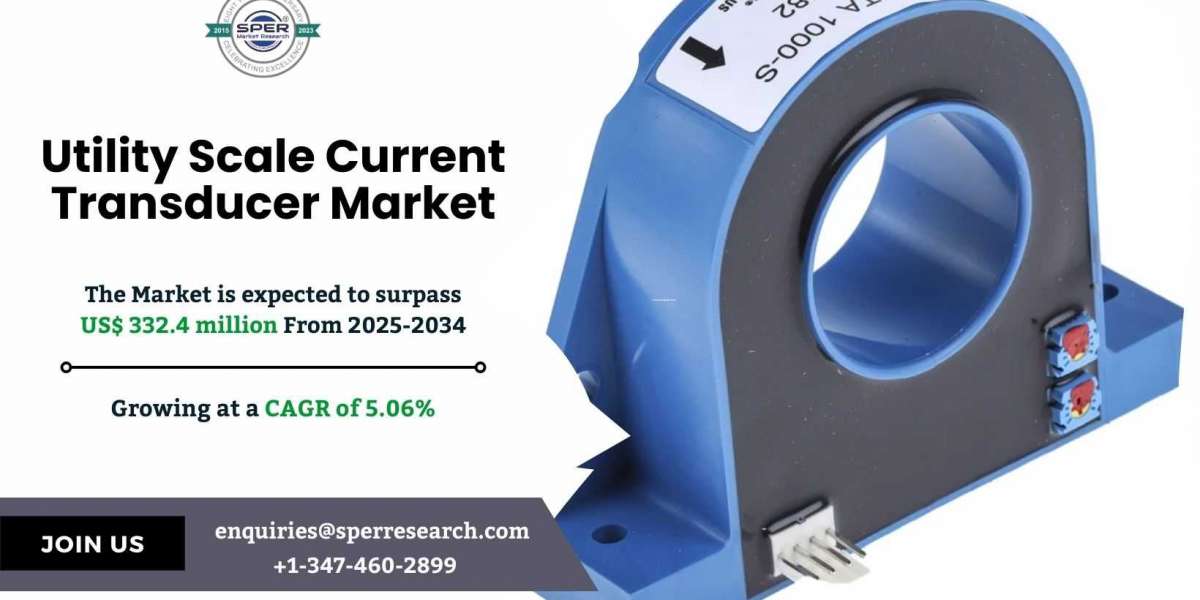Mesenchymal Stem Cells (MSCs), often heralded as "medicinal signaling cells" due to their potent immunomodulatory and regenerative properties, are at the forefront of a rapidly evolving field of therapeutic development. Recent advancements in isolation techniques, the emergence of iPSC-derived MSCs, and landmark regulatory approvals are signaling a new era for these versatile cells in addressing a wide range of debilitating diseases.
FDA Breakthrough: First MSC Therapy Approved for Pediatric GVHD
A significant milestone occurred in January 2025 with the FDA approval of Ryoncil (remestemcel-L-rknd), the first mesenchymal stromal cell therapy to receive regulatory clearance. This allogeneic (donor-derived) product is indicated for the treatment of steroid-refractory acute graft-versus-host disease (SR-aGVHD) in pediatric patients. This approval not only provides a much-needed treatment option for a life-threatening complication of stem cell transplantation but also validates years of research into the safety and efficacy of MSCs. It marks a pivotal moment for "off-the-shelf" cell therapies, paving the way for more readily available treatments.
Refining MSC Production: From Bone Marrow to Microfluidics
Improving the accessibility and efficiency of MSC-based treatments is a key focus. Researchers at Critical Analytics for Manufacturing Personalised-Medicine (CAMP) have developed a groundbreaking technology to extract MSCs directly from pure bone marrow aspirate (BMA) without dilution. This continuous sorting technique, utilizing a multichip Deterministic Lateral Displacement (DLD) microfluidic platform, doubles the quantity of MSCs obtained and isolates them ten times faster than traditional methods. This innovation promises to streamline the manufacturing process, making high-quality MSCs more readily available for clinical and research applications.
The Rise of iPSC-Derived MSCs: Consistency and Scalability
While traditional MSCs are isolated from various adult tissues, a major advancement is the directed differentiation of induced pluripotent stem cells (iPSCs) into MSC-like cells, known as iMSCs. This method addresses critical challenges like batch-to-batch variability and limited scalability inherent in primary MSCs. iPSCs can be propagated indefinitely, providing an unlimited and consistent source of starting material, which is crucial for standardization, cost-effectiveness, and robust production of homogeneous therapeutic products. This innovation is expected to significantly accelerate both research and clinical adoption of MSC-based therapies.
Expanding Therapeutic Horizons: Beyond Traditional Applications
The therapeutic potential of MSCs continues to expand across diverse medical conditions:
- Multiple Sclerosis (MS): Research continues to explore MSCs' immunomodulatory, neuroprotective, and regenerative capabilities in treating MS, offering a promising alternative to current immune-modulating drugs that often fail to halt disease progression.
- Orthopedic and Musculoskeletal Disorders: MSCs remain a strong candidate for treating conditions like osteoarthritis and cartilage degeneration, with their ability to reduce inflammation and stimulate tissue repair.
- Inflammatory and Immunological Conditions: Beyond GVHD, MSCs are being investigated for their role in autoimmune diseases and inflammatory bowel diseases due to their potent anti-inflammatory properties.
- Neurodegenerative Disorders: Emerging research is delving into MSCs' efficacy in neuroinflammation and neural regeneration for conditions such as Alzheimer's, ALS, and spinal cord injuries.
Exosomes: The Next Generation of MSC Therapeutics
A growing area of interest is the use of MSC-derived exosomes – tiny vesicles secreted by MSCs that carry biomolecules like proteins, lipids, and nucleic acids. These exosomes are being explored as cell-free alternatives to whole MSCs, offering advantages such as lower immunogenicity, easier storage and transport, and potentially a more controlled therapeutic delivery. Researchers are also investigating engineered exosomes to deliver specific therapeutic cargo, including siRNA for cancer therapy.
Market Growth and Future Outlook
The global mesenchymal stem cells market is experiencing rapid growth, driven by the increasing prevalence of regenerative diseases, expanding clinical pipelines, and technological advancements. Analysts project the market to reach USD 6.14 billion by 2029, growing at a compound annual growth rate (CAGR) of over 12%. North America currently holds the largest market share, with Asia-Pacific anticipated to be the fastest-growing region.
As research deepens our understanding of MSC biology and manufacturing processes become more standardized and efficient, MSC-based therapies are poised to play an increasingly vital role in personalized medicine and regenerative solutions for a wide array of diseases.








